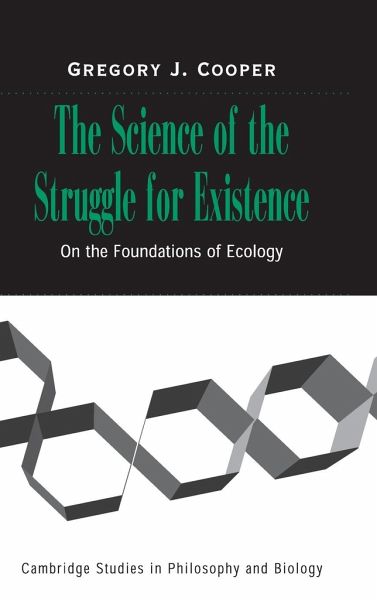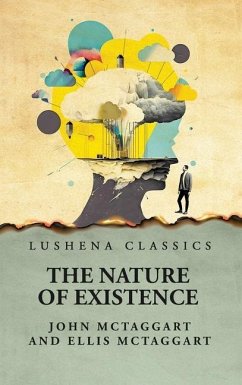
The Science of the Struggle for Existence

PAYBACK Punkte
33 °P sammeln!
This book is a sustained examination of issues in the philosophy of ecology that have been a source of controversy since the emergence of ecology as an explicit scientific discipline. The controversies revolve around the idea of a balance of nature, the possibility of general ecological knowledge and the role of model-building in ecology. The Science of the Struggle for Existence is also a detailed treatment of these issues that incorporates both a comprehensive investigation of the relevant ecological literature and the development of an explicit theoretical framework in the philosophy of sci...
This book is a sustained examination of issues in the philosophy of ecology that have been a source of controversy since the emergence of ecology as an explicit scientific discipline. The controversies revolve around the idea of a balance of nature, the possibility of general ecological knowledge and the role of model-building in ecology. The Science of the Struggle for Existence is also a detailed treatment of these issues that incorporates both a comprehensive investigation of the relevant ecological literature and the development of an explicit theoretical framework in the philosophy of science. It addresses issues in the philosophy of ecology that are of particular importance for the deployment of ecology in the solution of environmental problems. It will have a cross-disciplinary appeal and will interest students and professionals in science, the philosophy of science, and environmental studies as well as policy-makers.














